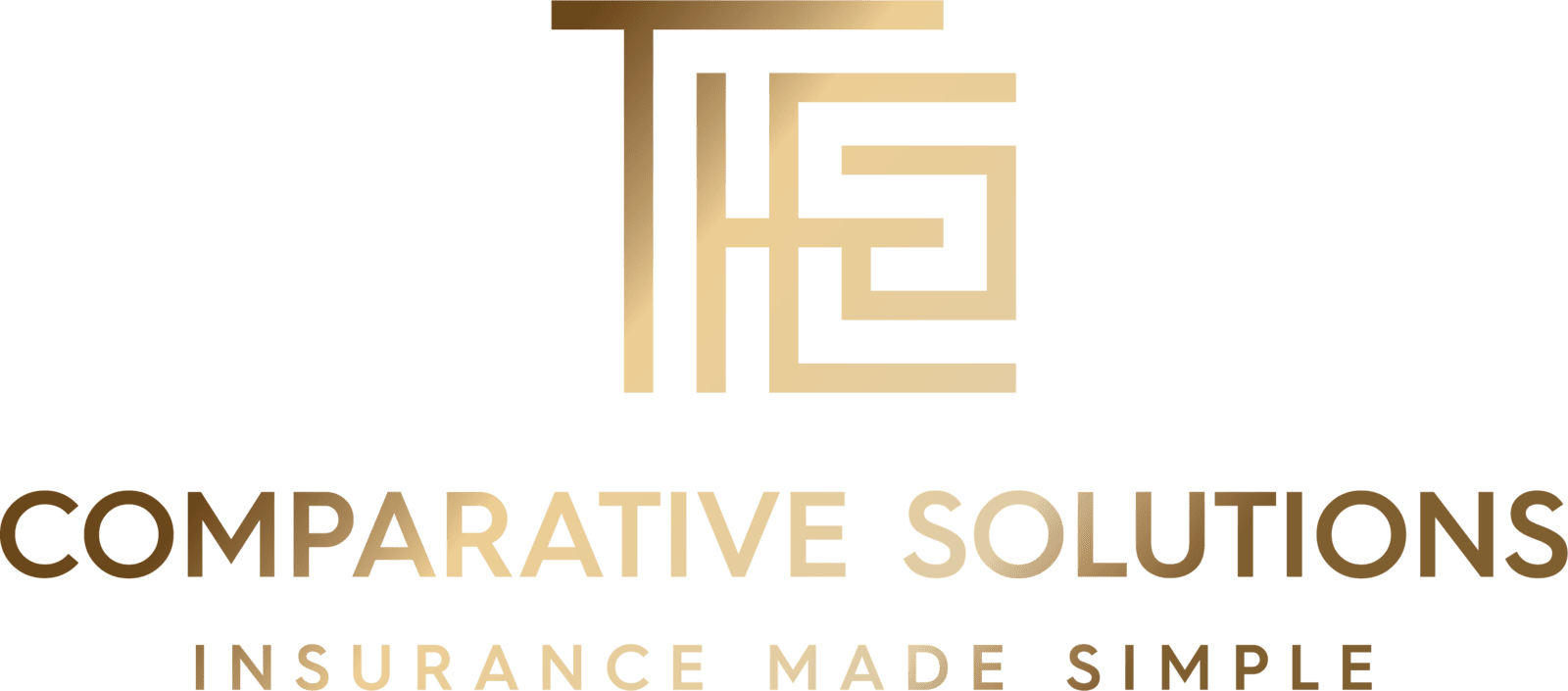
- Several impactful new COBRA extensions have been released, including:
- Deferred COBRA Election Notices: Usually, benefit plan administrators are required to send notices of continuing coverage within 14 days of a qualifying event. However, due to the large number of layoffs and furloughs COVID has produced, employers now have up to 60 days after the Outbreak Period ends to provide election notices to qualified beneficiaries. *The Outbreak Period runs from March 1, 2020 until 60 days after the announced end of the state of national emergency caused by the COVID-19 pandemic.
- Larger COBRA Election Window: Those eligible to enroll in a COBRA plan now have an increased window to do so. Because the COBRA election period has been postponed, after a qualifying event, individuals may not be denied coverage, even if they haven’t enrolled in COBRA yet. This not only means that qualified beneficiaries have more opportunity to shop around for different coverage for themselves, but they also have a much larger amount of time than the traditional 60-day window to deny COBRA coverage and then reverse that decision.
- Deferred COBRA Payments: COBRA account holders can now defer their premium payments as they, too, have been postponed during the Outbreak Period. Those newly enrolled are not required to make payment until 60 days after the Outbreak Period ends, while those already enrolled can defer until 30 days after the Outbreak Period has ended.
- Midyear Election Changes: The IRS will allow more flexibility in making mid-year changes to Section 125 cafeteria plans. Typically, selections must be made on the first day of the plan year and can rarely be changed. However, due to the impacts of COVID-19, the IRS will allow employees to make mid-year election changes, including:
- Enrolling in employer-sponsored health coverage if it was initially offered and declined.
- Switching to a different employer-sponsored health plan.
- Withdrawing from their current plan if they provide a written statement saying they are enrolled in (or will immediately enroll in) a health plan that is not provided by their employer.
- For FSA and dependent care programs, revoking their plan choice, or changing their contribution to their current FSA or dependent care program account.
- Telehealth Services: HDHPs with HSAs may now cover the cost of telehealth appointments and services before the plan deductible has been met. This will be in effect until 12/31/21.
- HRA Reimbursement: According to the IRS, a health plan can reimburse an individual’s policy premiums for charges acquired “before the beginning of the plan year for coverage provided during the plan year.” This means that you can utilize the benefits of the individual coverage HRA (1) the first of the month of coverage, (2) the first day of actual coverage, or (3) the date premium is paid.
- HDHP Coverage: If employees are enrolled in an HDHP plan, they can have the testing and treatment of COVID-19 waived before meeting their deductible. If the health plan is classified as an HDHP but will cover the testing and medical treatment of COVID-19 before the deductible has been met, it will still qualify as an HDHP. This will allow those enrolled in HDHPs to keep their coverage without jeopardizing their HSA eligibility.
- FSA Rollover Increase: The IRS has permanently increased the amount individuals with FSA accounts can roll from one year to the next. The carryover amount for health FSAs, which was previously $500, has increased to $550.
- Expansion of Reimbursable Expenses: Over the counter Medications can once again be reimbursed through HSA and FSA accounts without a prescription. Account holders can be reimbursed for these items regardless of whether they are being used to treat COVID-19 related illness. This is a permanent change.
- Menstrual Care Products: Menstrual care items purchased after December 21, 2019 are now a qualified medical expense. They are covered by HSA and FSA accounts, and they are eligible for reimbursement if they were purchased after 12/21/19. This is in effect indefinitely.
Understanding health benefits and providing the best options to employees was a challenge even before COVID-19. Now keeping pace with all the new benefit changes can feel overwhelming. Let Comparative Solutions help you manage the adjustments. From midyear election changes and handling reimbursement claims to providing notices and keeping records, we manage the details of benefit coverage, so employees have access to the healthcare they need without any of the confusion that usually accompanies change.




